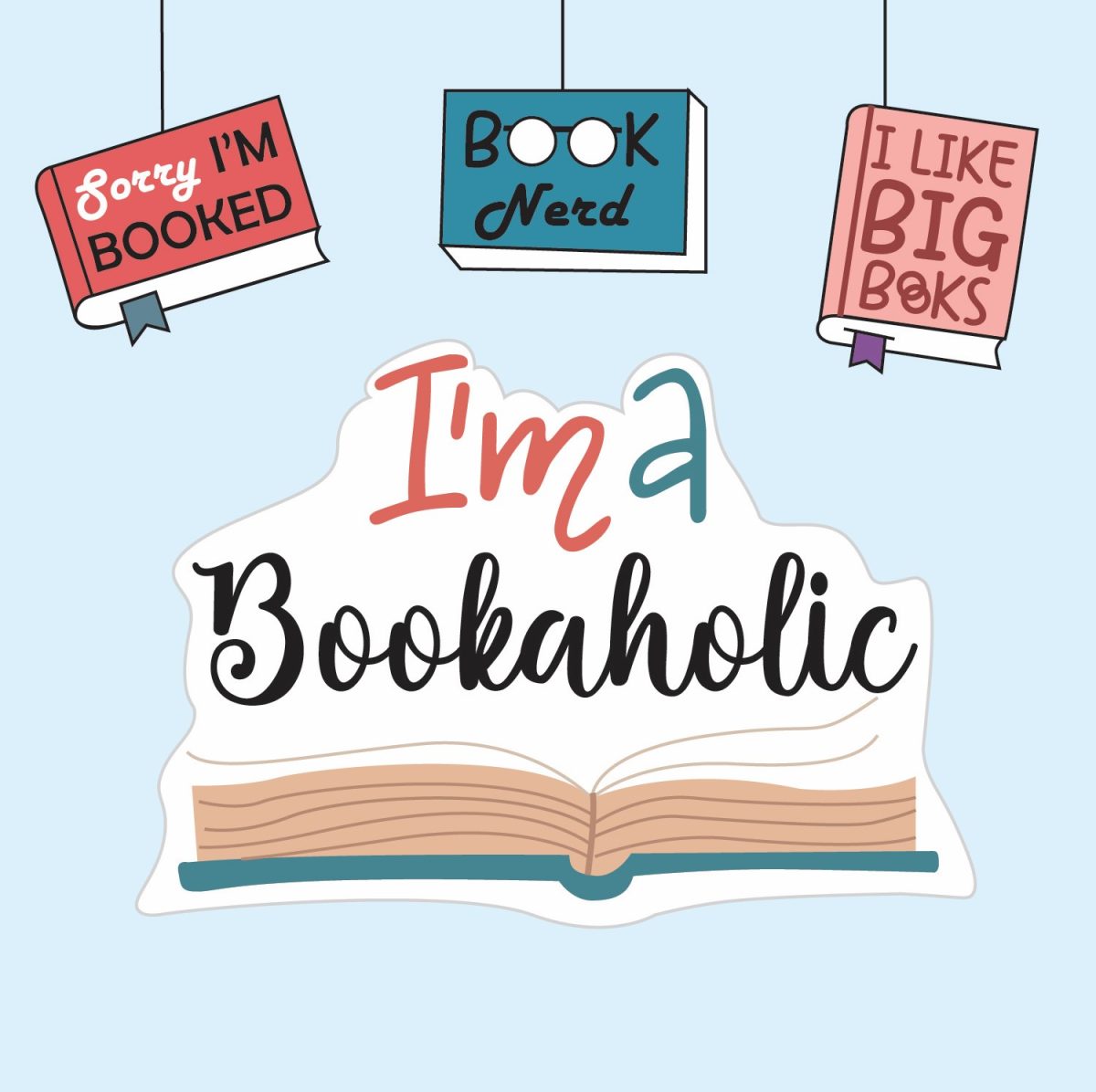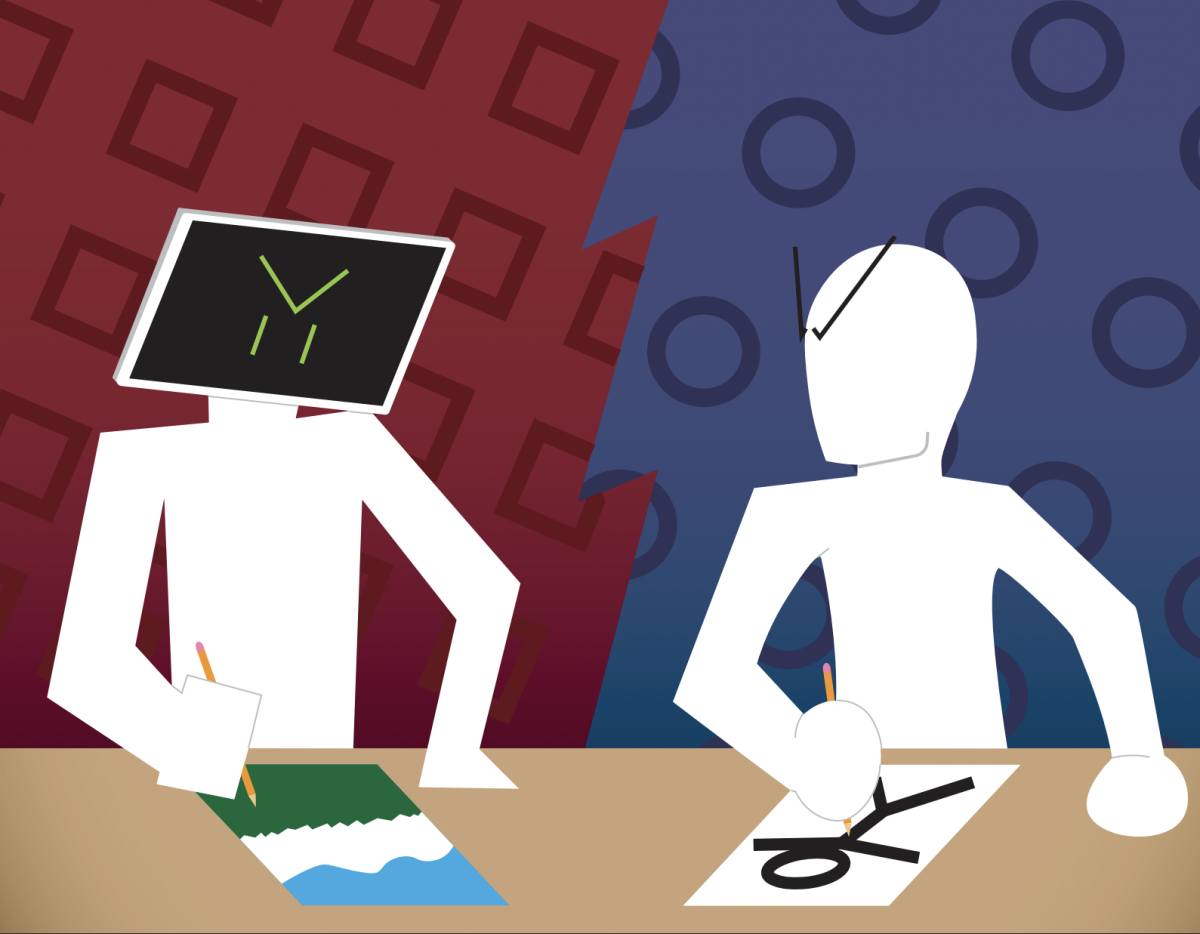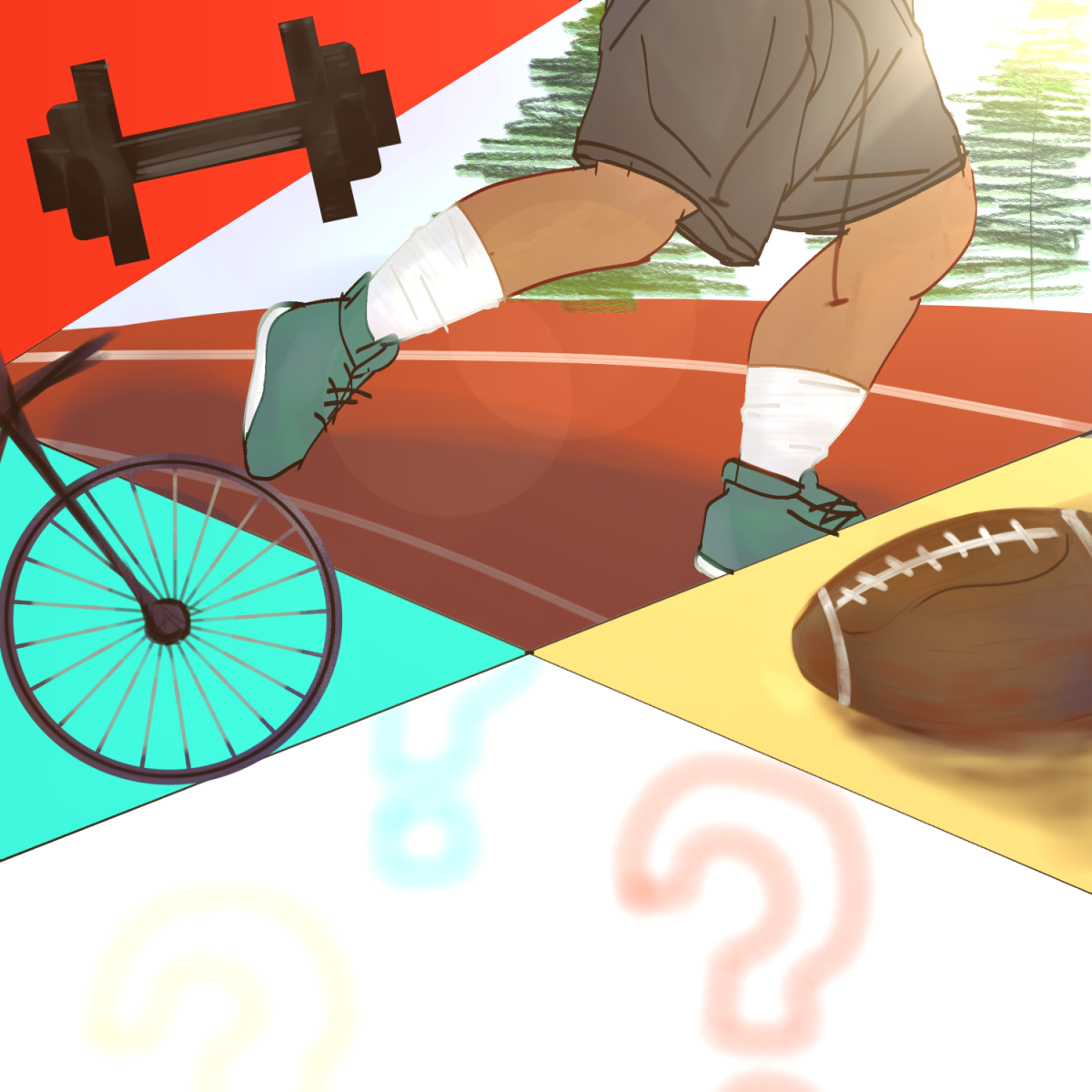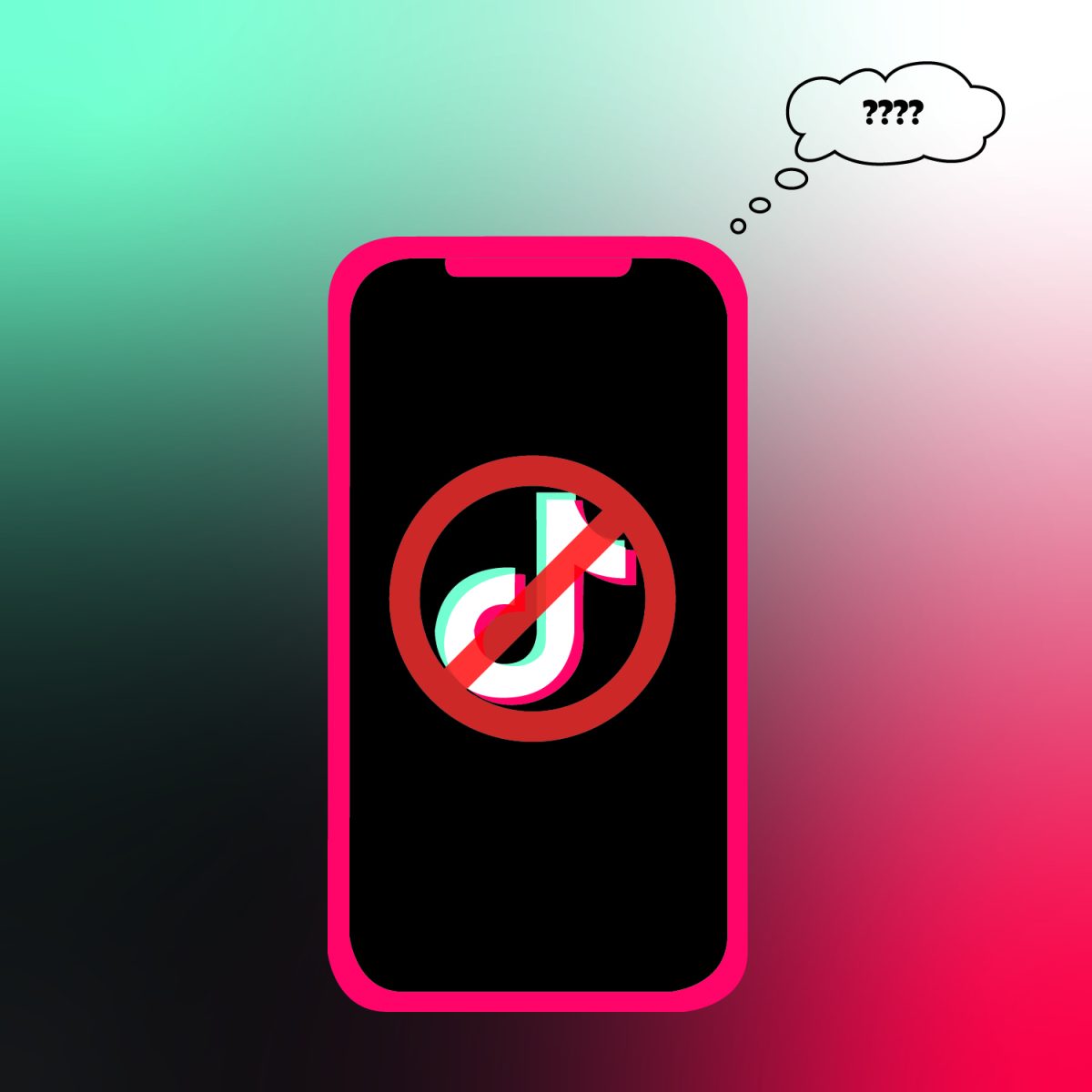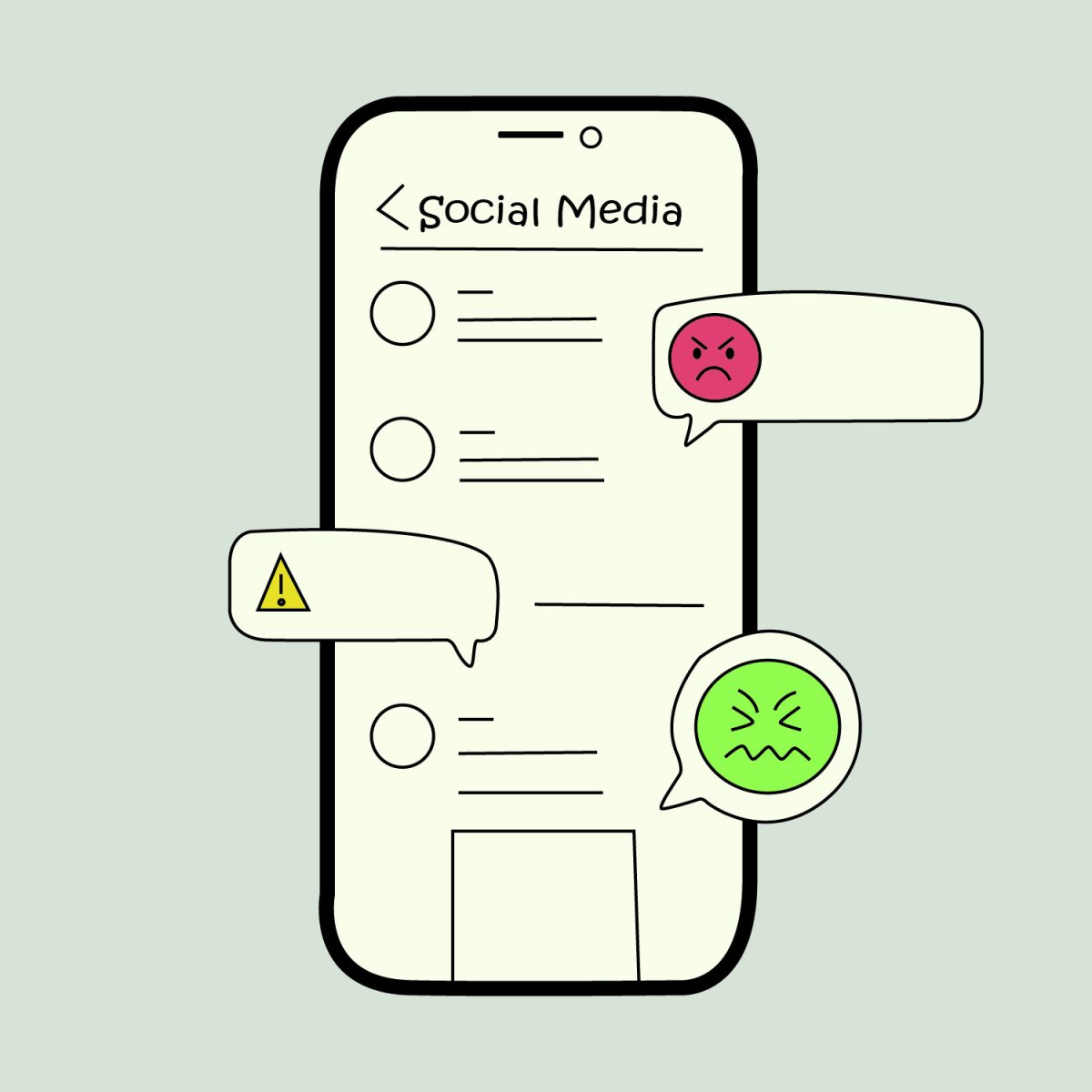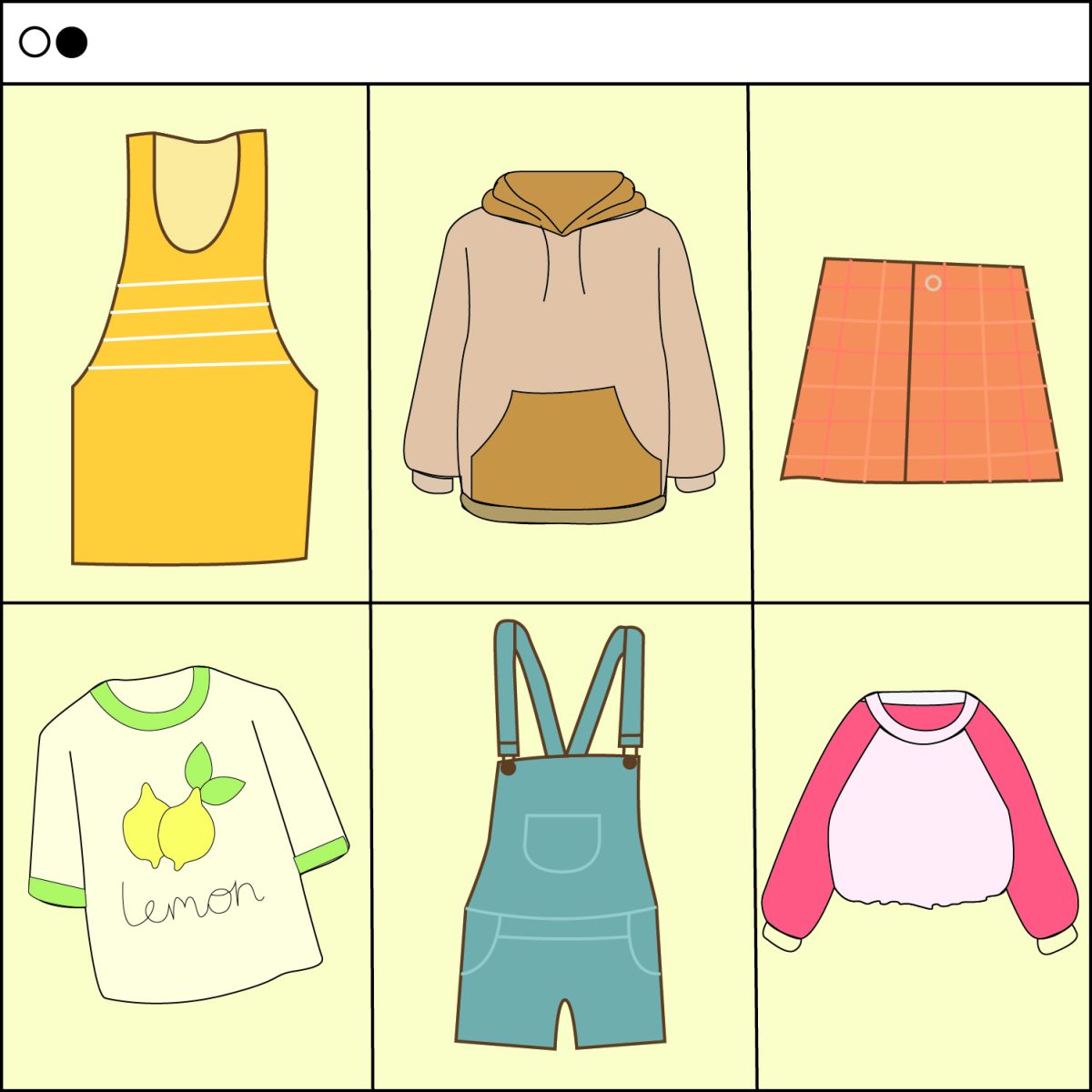One of the earliest forms of recording information, passing on knowledge, and sharing ideas, books and other forms of written communication have often been centerpieces in advanced and expanding cultures. Books and reading have persisted throughout history with their importance being on par or even higher than that of digital storage. Books have become more than they ever were as they transcend their initial forms and expand into entertainment and messages brought into a story. Senior Victoria Shelhorse says, “Books are such a cool way of learning.” The main contender against these ancient intentions of genius is the internet, for it can do all the same as books and more. Books are still undeniably relevant, but content creators on TikTok and similar social media platforms have been showing a new approach on books, as the number of adults reading in the U.S. has been dropping in the last few years.
Many social media platforms, especially TikTok, have recently been developing what is known as BookTok. BookTok is an evolution of independent creators depicting their favorite novels and giving reviews on them. This has turned into an aesthetic and a lifestyle. According to GQ magazine, “The act of reading became replaced by the act of being a reader. Actual reviews became few and far between and many of the smaller, genuine readers on the platform jumped ship.” GQ magazine thinks that this wave sparked a lot of the more niche and responsible people to leave because “with all of this effort being put into being seen as a reader, one wonders how any of them have the time to read.” Even the books they are reading and reviewing are becoming more generic. Sophomore Iris Yang says, “I just think that none of the books are original.”
Although BookTok gets hate, not everyone thinks it is necessarily deserved. According to Book-Riot, nothing new is ever accepted quickly and without resistance. They say, “People like to mock ‘chick lit’ and romance, forcing generations of women to hide their romance novels under pillows or under book covers. When teens pick up comics or graphic novels, adults tell them they won’t count for their summer reading. Science fiction and fantasy books are pigeonholed into genre fiction, into sections for what’s merely ‘popular’ and ‘entertaining’ rather than ‘literary.’” Even statistics give credit to this idea of positivity in BookTok instead of negativity. Book-Riot shows, “Recent Publishers Association poll found that 59 percent of 16–25-year-old readers said that BookTok ‘helped them discover a passion for reading,’ and more than half said that they looked to BookTok for their recommendations.” Social media is just a portion of everyday life for teenagers and young adults alike, and that does not seem to be changing any time soon. If these consumers could be influenced towards books and reading instead of other, more nefarious ideas, then the pros outweigh the cons in this situation. Book-Riot thinks that “the crux of the issue people seem to have with BookTok is more about the domination of teen girls and the books that they end up squealing about on the platform. Because the one thing people like more than griping about how kids don’t read these days is griping about what teenage girls are doing on social media these days.” Teenage girls do tend to get a lot of undeserved hate from older generations. Some students from this school use BookTok, as shown by freshman Neeti Vemparala when she said, “I read ‘It Ends With Us’ from TikTok.” This is especially important because Colleen Hoover and other pioneers of BookTok have been getting what some think is undue attention because of the recent phenomenon.
While social media are important platforms to discuss, physical reading itself has taken a sharp decline. An NEA survey finds that, “In 2022, 53 percent of U.S. adults read literature and/or books of some kind (compared to 57.1 percent in 2017). Data indicates a sharp decline in reading over the last decade. The percent of U.S. adults who read at least one book (in print or electronically) in 2022 was 48.5 percent, 6.1 percentage points lower than in 2012.” This data shows that less than half of all Americans read a single book in 2022. Covid-19 hit rates of reading especially hard, as people found less desire to do almost anything throughout the entire lockdown, partially because of an inevitable adaptation of nihilistic tendencies gained from the perception of the world burning down around oneself. Schools were suffering reading decrease because of the pandemic as well. The National Library of Medicine says, “Our findings suggest that after the COVID pandemic began, elementary students began the year further behind in their reading development than previous cohorts.”
Is reading dead or dying? No. Will it ever die? Probably not. Reading has been impacted by the pandemic as people tend to shut down more on their own, while schools were struggling to educate the children online because of the restrictions and underdeveloped brains of small children. Things like BookTok show that there is and will always be a love for consuming literature that thrives no matter the platform. If any message has been sent throughout history and the world alike, it is that no matter what books you burn, what knowledge you suppress, what ideas you stamp down, the ingenuity of humans will always shine through. Ideals transcend books, knowledge can be found again, and ideas are bulletproof. Reading and writing will never be gone as long as there are humans left that can survive and thrive in this existence. Junior Yufan Shi says, “I will never forget the first book I read.”

